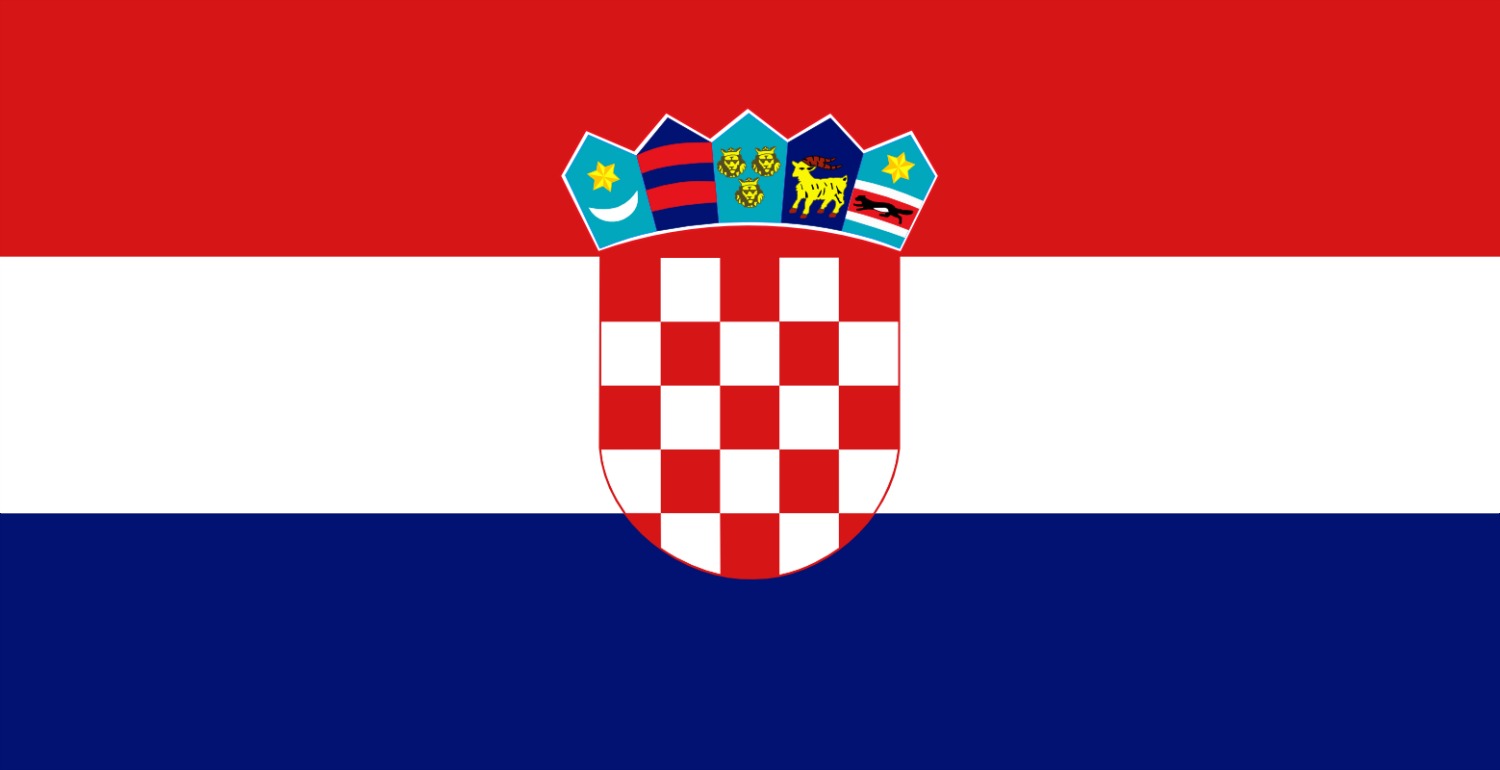This report is based on the findings of two Helsinki Commission delegations to Yugoslavia.
First, Commission Chairman Dennis DeConcini led a congressional delegation to Ljubljana, Slovenia, from April 7-8, 1990. The delegation observed the voting at polling stations in Ljubljana as well as in nearby villages on April 8, and met with the President of Slovenia, the President of the Slovenian Assembly, the Slovenian Republic Election Commission, and representatives of the LCS-Party of Democratic Renewal, DEMOS United Opposition, and the Progressive People’s Party of the Center.
A staff delegation then traveled to Zagreb, Croatia, from April 20-23, 1990. It observed the voting and some counting of ballots at polling stations in Zagreb and surrounding towns and villages on April 22, as well as voting in Krsko, Slovenia, for the run-off elections in that republic. The delegation also observed voting and the counting of ballots at work places on April 23, and met with the Croatian Republic Election Commission, the Committee for Information, and representatives of the Croatian Democratic Union and the Democratic Union of Albanians in Croatia.
During the course of both visits, the delegations also had numerous informal meetings with Communist, opposition and independent candidates. Other sources include the Croatian and Slovenian press, Tanjug news agency and Radio Free Europe reports. The U.S. Consulate in Zagreb and U.S. Embassy in Belgrade both provided considerable assistance in arranging the congressional and staff delegation visits, which was greatly appreciated.
In April and May 1990, the republics of Slovenia and Croatia in the Socialist Federal Republic of Yugoslavia held the first genuinely free elections in that country since World War II. In both cases, a large number of alternative parties fielded candidates, and the local Communist Parties lost control of both republic governments.
The Slovenian and Croatian elections took place during a time of major political and economic problems within Yugoslavia, as well as ethnic strife. Beyond the creation of multi-party, democratic political systems in Slovenia and Croatia, the election debate in these two northern republics focused on their respective futures in the Yugoslav federation, with consideration being given to the formation of a confederation and, sometime in the future, perhaps even independence.




